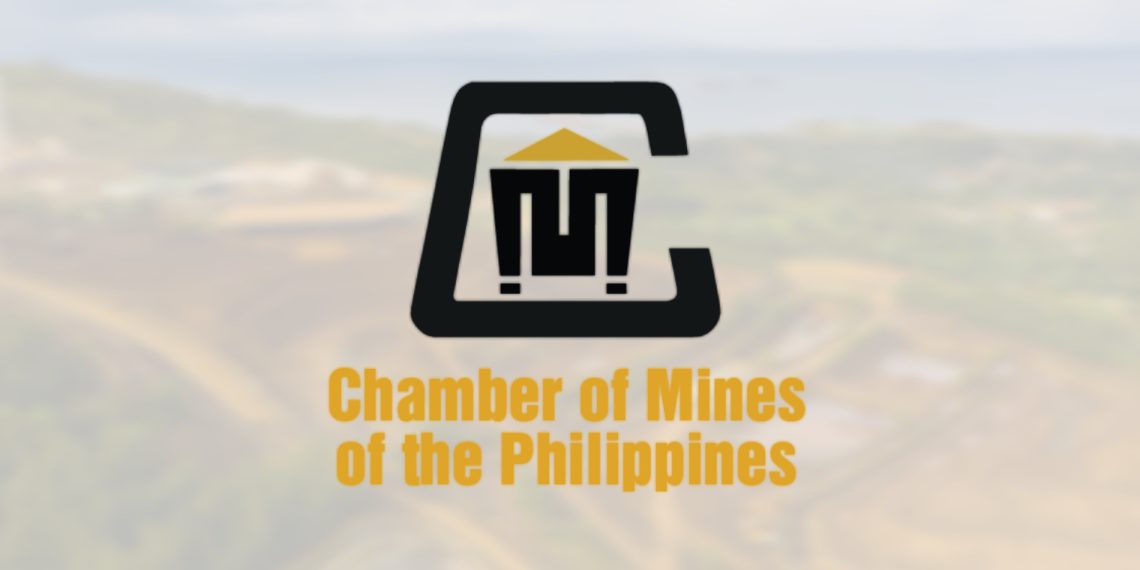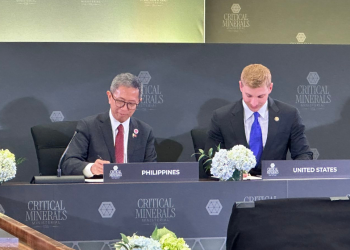Mining companies have opposed the new tax regime which could impend the revitalization of the country’s mining industry, the Chamber of Mines of the Philippines (COMP) said.
In a Philippine Star report, COMP is urging Congress to revisit the bill on the new mining fiscal regime and allow for consultations with other stakeholders, adding that it would provide opportunities for affected parties to contribute to the new regime that would encourage investments and unlock the industry’s “huge economic potential.”
COMP said that the proposed mining fiscal regime, which was approved by the House and Ways Committee, is against the pronouncements of the new administration to accelerate the mining industry.
While the COMP welcomed the government’s support for the mining industry’s post-pandemic recovery efforts, the new mining tax bill “will once again set back the revitalization of the industry.”
The chamber added that there were no consultations with the industry players which could have allowed them to prove that the “onerous provisions of the bill would make the Philippine mining industry one of the highest taxed in the world.”
COMP added that the industry’s effective 38% tax rate shown during the committee hearing was out of date as if the report was done in 2000, following the doubling of tax on mineral products under Republic Act 10963 or the Tax Reform for Acceleration and Inclusion (TRAIN 1) law.
The bill would raise the mining effective tax rate from 38% to 51%; a five percent royalty tax on the market value of the gross output of large-scale mining operations; a government share of 60% minimum of net mining revenues; and a 10% export tax on the market value of mineral ore exports.
While the new mining fiscal regime will add Php37.52 million in revenue for the government, COMP said that this is not conducive to the growth of the industry, and would prevent the sector from playing a crucial role in the country’s economic recovery.
The possible tax increase may also affect the stability of policies and could deflect potential foreign investments in a capital-intensive industry.














